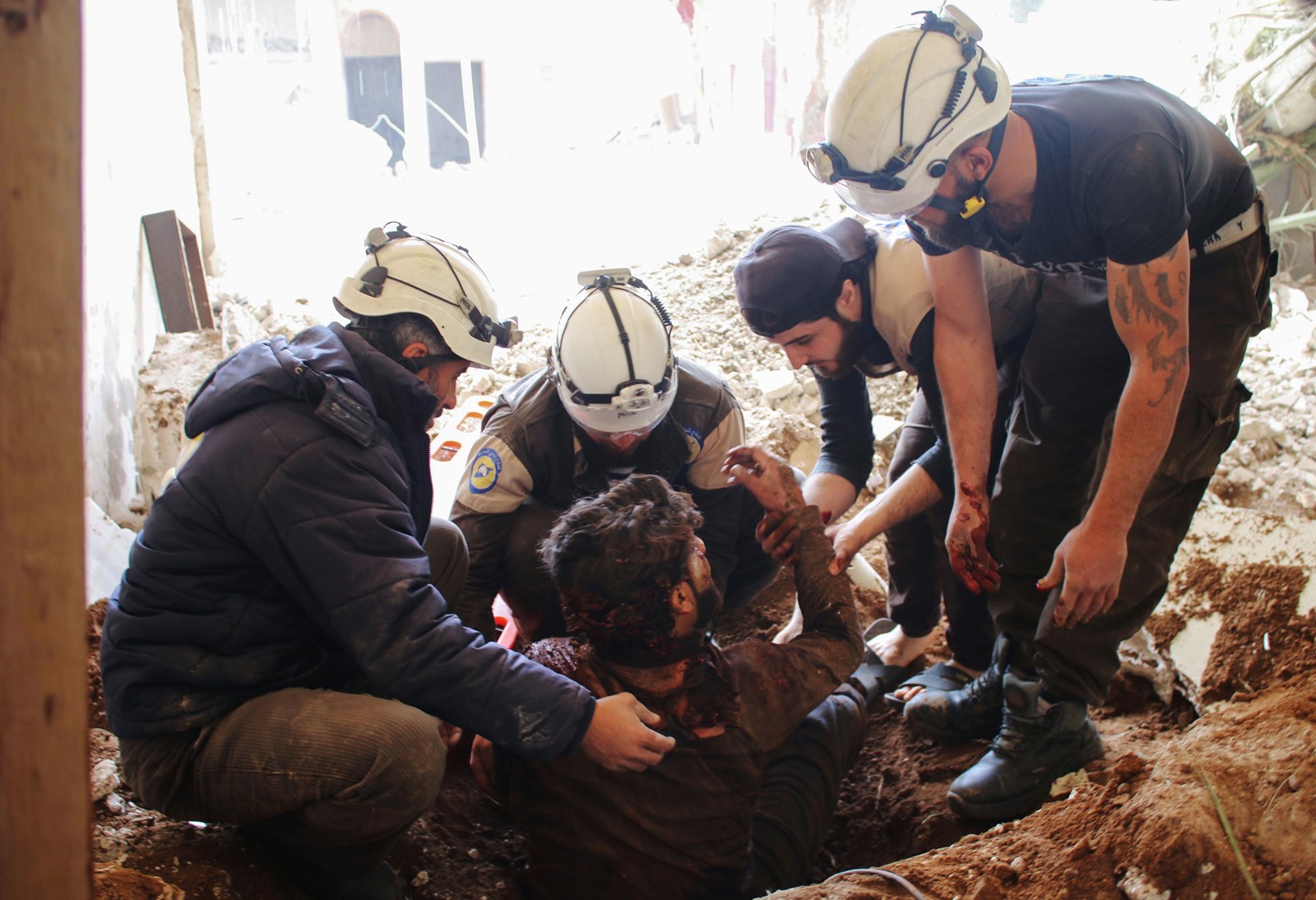BACK STORY
An independent group’s shortlist notes some other worthy candidates


The International Campaign to Abolish Nuclear Weapons won this year’s Nobel Peace Prize. But there were many other worthy candidates: 215 individuals and 103 organizations.
The Nobel Peace Prize Committee keeps the names of the nominees secret for 50 years. But each year, their identities inspire a guessing game.
Since 2002, directors of the independent Peace Research Institute Oslo, which studies peace and conflict, have put out their own personal shortlists.
Here is the shortlist of the current director, Henrik Urdal:
Zarif, Iran’s foreign minister, and Mogherini, high representative of the European Union for Foreign Affairs and Security Policy, were paramount in organizing the negotiations for the 2015 nuclear deal between Iran and the United States, Britain, France, Germany, China and Russia. Officially known as the Joint Comprehensive Plan of Action, the deal is considered to be “a landmark agreement resolving a 12 year long international conundrum,” the institute said.
As the world struggles with a humanitarian crisis that has seen more than 65 million people displaced from their homes and some 22 million people become refugees, “the Office of the UNHCR has shown its capacity and integrity in standing up for refugees’ rights and needs time and time again,” the institute said. “Refugees need a voice in the world,” and Grandi and his organization have been “working tirelessly to mend the consequences of war in major conflict theaters like Syria, Afghanistan and South Sudan,” the organization said.
Can Dundar, the former editor of the decades-old Turkish newspaper Cumhuriyet, has endured Turkish President Recep Tayyip Erdogan’s crackdown on the freedom of the press. After he was found guilty of disclosing state secrets and aiding terrorist groups, Dundar decided to forsake his homeland and move to Germany. In September, at least 17 members of the newspaper’s staff were prosecuted after being accused of involvement in terrorism. Cumhuriyet has won accolades for “its impartial reporting and fearlessness in criticizing the authorities,” the institute said. The Nobel Peace Prize, it said, “would be a welcome boost for press freedom and civil society in a country where such liberties are becoming rarer and rarer.”
ECOWAS was lauded by a previous director of the institute for its “success in combining diplomatic efforts with the prospective use of armed force.” This year, it helped ensure political transition in Gambia, where the electoral defeat of autocratic President Yahya Jammeh sparked unrest. In power for more than two decades, Jammeh initially refused to leave office after losing to Adama Barrow. ECOWAS stepped in. The 15-member organization “exemplifies how increased political and economic interaction contributes to ensuring long term regional stability,” the institute wrote.
Commonly known as the “White Helmets,” the Syria Civil Defense is a group of volunteer first responders that works in rebel-held territories of Syria digging survivors out of the rubble of bombed-out buildings at great risk to their own safety.
The group and its leader, Raed Saleh, “could be an ideal Nobel candidate for their work saving lives, ameliorating human suffering, and maintaining a ray of hope in the Syrian civil war, now in its sixth year,” the institute said. A Nobel prize would “draw attention to the remarkable — yet rarely celebrated — resilient forces of societies hit by armed conflict.”


